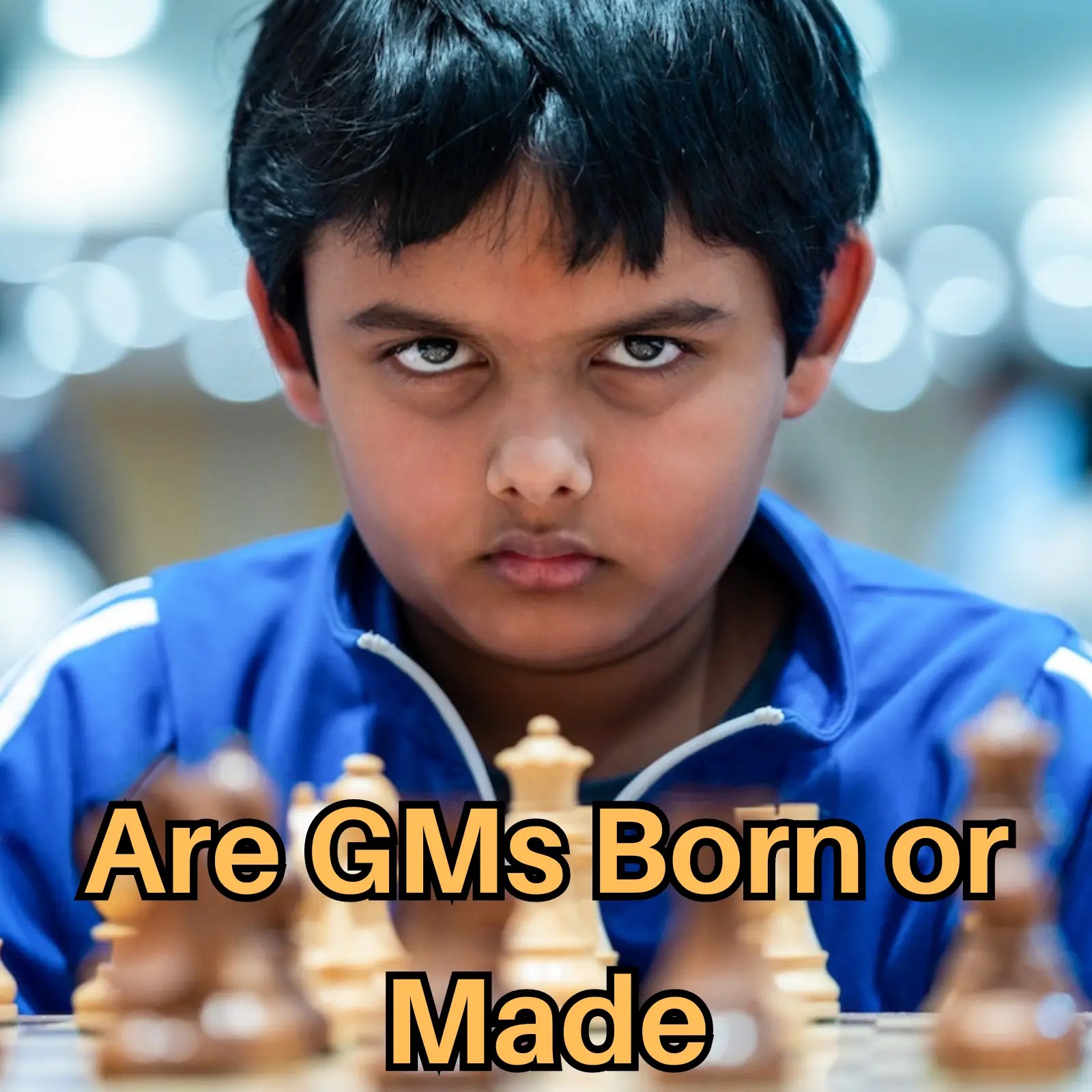
Are Grandmasters Born or Made
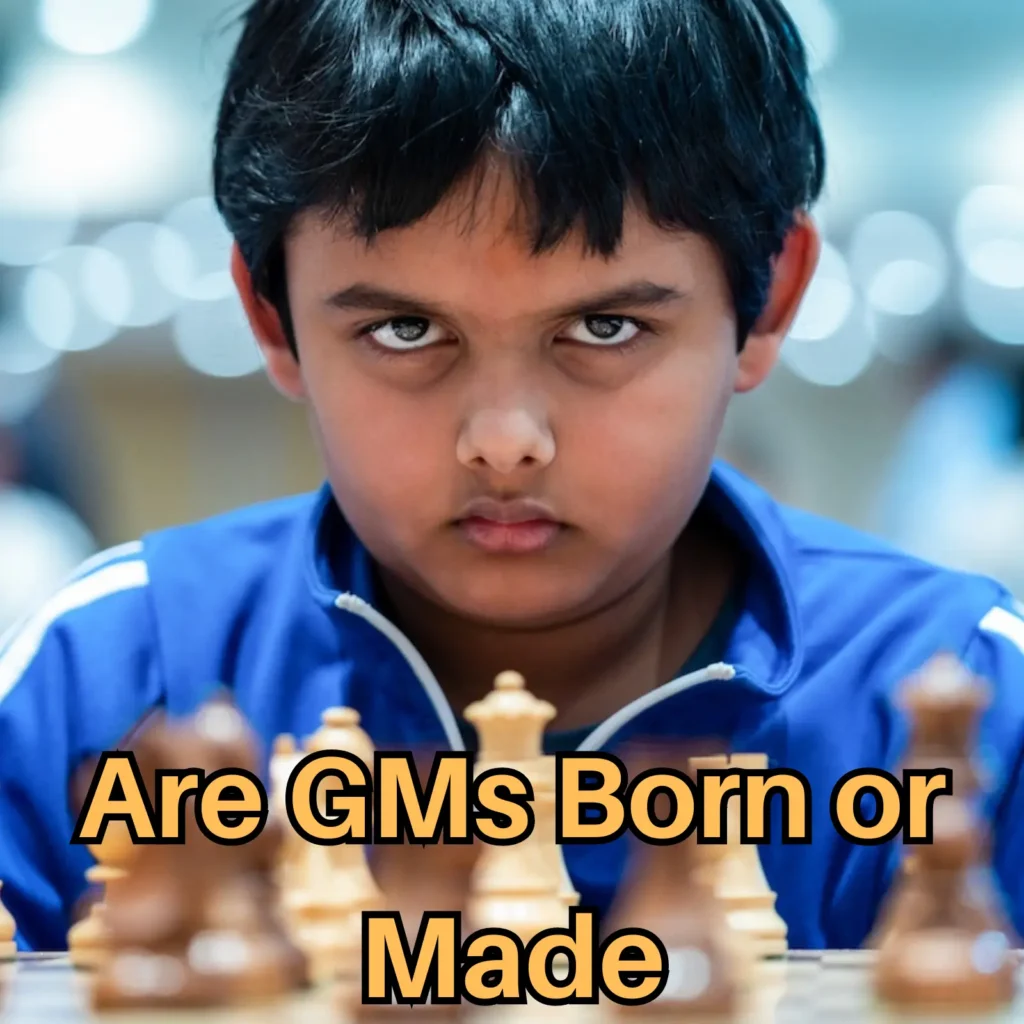
Are Grandmasters Born or Made
Introduction
Humanity has always been fascinated by the concept of geniuses, people like Einstein, Fischer, Leonardo DaVinci and so on have become almost like myths, larger than life figures that dominate their respective fields.
But if we’re talking more specifically about chess what makes Grandmasters so special, how can they get to the top of the rankings and dominate even the most dedicated chess players in the world? That’s the essence of what this article is going to cover.
We’ll try and cover the entire debate of nature vs nurture, if it’s actually true are there some people that destined for greatness? Or maybe its just practice and there is hope for all of us, with enough training and patience we too can reach the top, keep reading to find out!
What Is a Grandmaster

Hikaru Nakamura
Before even starting with the whole nature vs nurture theme, I think its important that we have some context for what a Grandmaster really is, how many are there and how hard is it to become one?
Grandmaster is an official FIDE title; it’s the highest chess title players can get other than the temporary World Champion Title. The title is given for life and is only taken away for cheating.
Here is a handy list of chess titles with their minimum ELO requirement, the tournament performance rating is a separate rating which indicate how well you did at the tournament.
- Grandmaster requires an Elo rating of over 2300 (2600 tournament rating)
- International Master requires an Elo rating of 2200 (2450 tournament rating)
- FIDE Master requires an Elo rating of 2100 (2300 tournament rating)
- International Master requires an Elo rating of 2000 (2200 tournament rating)
There are separate women-only titles with lower requirements but we’re not really going to cover those, we’ll focus on “super grandmasters” which are informally players with a rating over 2700, these are the kind of players that nowadays people would call “geniuses”.
Since the late 70s the number of Grandmasters all over the world has increased greatly, and lately it has become possible for some young prodigies as young as 12 years old to achieve the rank of Grandmaster.
Are Geniuses Born or Made
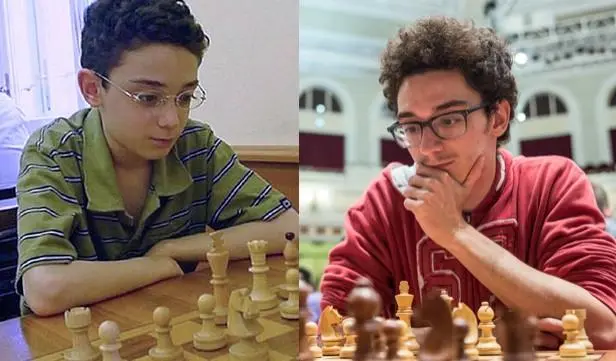
Fabiano Caruana
For a long time, humanity has been obsessed with the idea of geniuses, from Leonardo DaVinci to Mozart people have long believed that geniuses were blessed with exceptional skill and knowledge thanks to divine intervention.
For centuries this was the most widely accepted theory on why some people are so great when compared to others. Even famous philosophers in the 19th believed that there were some people that were born to do certain things.
But things changed when in the later parts of that same century some thinkers brought forth the idea that Genius was something that could be inherited, but in general most people even today believe that some people are just “built different”.
Nowadays most experts in the field believe that a mix between natural talent and hard work is required to produce a genius, the famous saying that “10,000-hours of practice are required to be a master” holds firm in peoples minds in 2023, but is it true? How much impact does talent have over practice?
The Role of Innate Talent
Everyone of us has some experience with talent, we all know someone who is naturally gifted at some things, it comes easy for them they don’t have to put as much effort as others and yet constantly excels.
Genetic factors play a significant role in determining an individual’s potential for chess skill. Research suggests that there is a heritable component to chess ability, with certain cognitive traits, such as intelligence and memory, being linked to genetic factors. These traits can provide a solid foundation for the development of chess expertise.
The chess world is filled with examples of prodigies who displayed exceptional talent from a young age. Players like Bobby Fischer, Judit Polgar, and Magnus Carlsen all showed remarkable aptitude for the game early in their lives. Their innate cognitive abilities, such as pattern recognition and problem-solving skills, obviously contributed to their success.
The Role of Deliberate Practice
While talent is required to reach the top, hard work is also an integral part of becoming the best of the best. Deliberate practice is the concept of quality practice for a long period of time and it is very similar to the famous 10,000-hour rule.
Coaching and mentorship also play a significant role in the development of chess expertise. A skilled coach can help a player refine their technique, develop effective strategies, and learn from their mistakes. Furthermore, the importance of motivation and discipline cannot be overstated. A strong work ethic and the ability to persevere through setbacks are essential for reaching the highest levels of chess mastery.
While the 10,000-hour rule is a famous idea, not everyone needs to put so much time to become great at something, when the Gladwell mentioned 10,000-hours he meant it in terms of averages, so a super talented person could do it in just 7,000-hours for example.
Talent vs Practice Which One is More Important
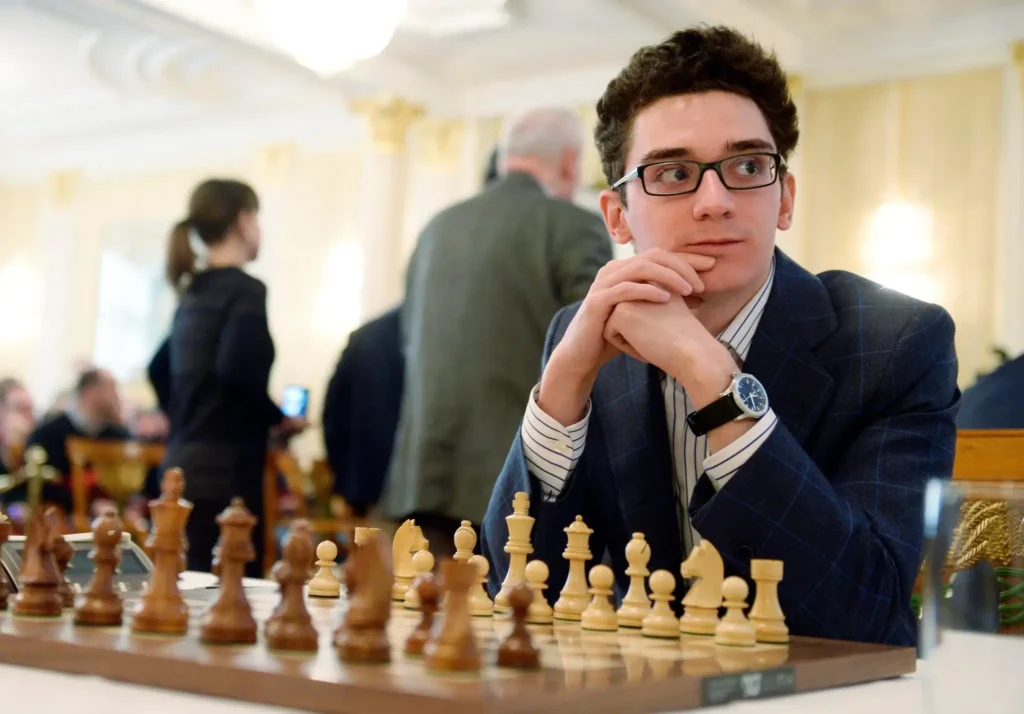
Talent vs Hard Work
It’s difficult to say which one is more important, but in general I think most of us overstate the role talent plays in everyday performance. For 90% of the human population effort is more important.
For someone to be able to do well at school, graduate college and then get a well-paying job, it would be better for them to apply themselves than be super talented. Think about it, even if the talented kid can get by while barely putting in any effort in high school, in college things will even out. No matter how smart he is, he needs to learn the material and finish his courses, some talented kids will struggle their first year of college because of this.
The same applies to chess but probably the other way around, talented kids will beat their peers more often, this leads them to enjoy the game that much more (no one likes losing a lot) so they end up becoming even stronger faster than normal people.
In the chess example, even if talent was only 30% of the equation, the motivation factor alone means that talented kids will end up playing way more matches and improving that much faster than normal kids. But unlike college the courses never get harder so the advantages just keep increasing for the talented.
Of course, if we’re talking about the elite players of the world then the entire thing changes and most of the differences at this level are talent. Most 2600+ ranked players have all played thousands of games over their lifetimes but some of them get to the top and some others barely get to top-100.
The Grandmaster Experiment: Hard Work Pays Off
In the 70s László Polgár a Hungarian psychologist started an ambitious and controversial experiment, he wanted to turn all his children into geniuses.
Polgár had studied the life of famous geniuses while studying intelligence in college, he was fascinated with the idea of these supernatural geniuses but he found that there were common patterns in the life of these people.
He recalled recently “when I looked at the life stories of geniuses, I found the same thing…They all started at a very young age and studied intensively.” In 1992 before the results were in, he said to the Washington Post: “A genius is not born but is educated and trained…. When a child is born healthy, it is a potential genius.”
Polgár enlisted Klara a Ukrainian foreign language teacher to be his wife. The idea was simple, with enough work anyone can become a genius. The experiment began in 1970 and it was only when their eldest daughter picked a chess board that the Polgár family decided to focus on chess.
22 years later the results were in, Polgár was successful in turning his three daughters into chess grandmasters. Sofia Polgar achieved a peak rating of 2505 in 1998, next Susan Polgar achieved a peak rating of 2577 in 2005 and finally the strongest of them all Judit Polgar became the greatest female chess player of all time and the only female ever to get to 2700+ elo.
Talent is required to be the number 1 at something no doubt, but with enough effort anyone can become an “expert” and the Polgar sisters are all the proof you need. Remember that for years many chess players actually believed that women were not good enough to play chess at the highest level and then this happened!
Conclusion
The role of Innate talent can’t be ignored, talented people are more motivated thanks to their initial success more than normal people, this can lead to situations where they end up outperforming their peers thanks to increased motivation.
But talent is not enough to reach the top, consistent practice is required to reach the upper levels of any skill. Chess is no different, every single chess grandmaster has been playing non stop since he was 6 or even before then, when you see a 13-year-old chess grandmaster somewhere, he probably has played more chess than everyone combined in your average chess club.
A genius is “created” when deliberate practice meets enough natural talent, but for most things hard work pays off!
Related
- Which Color is Better in Chess
- What Is The Most Underrated Chess Opening
- Why Russians are so good at chess
References
You may also like
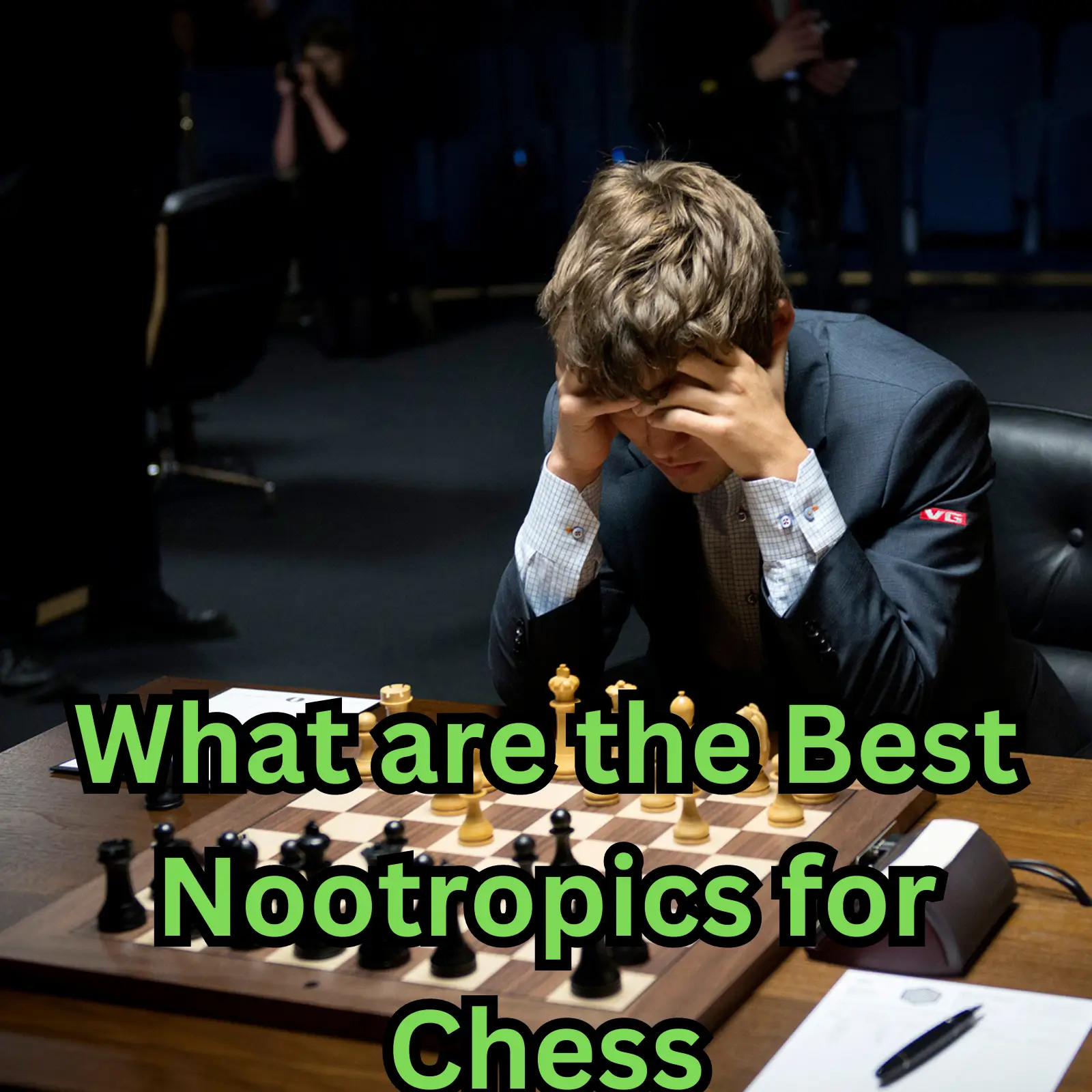
What are the Best Nootropics for Chess
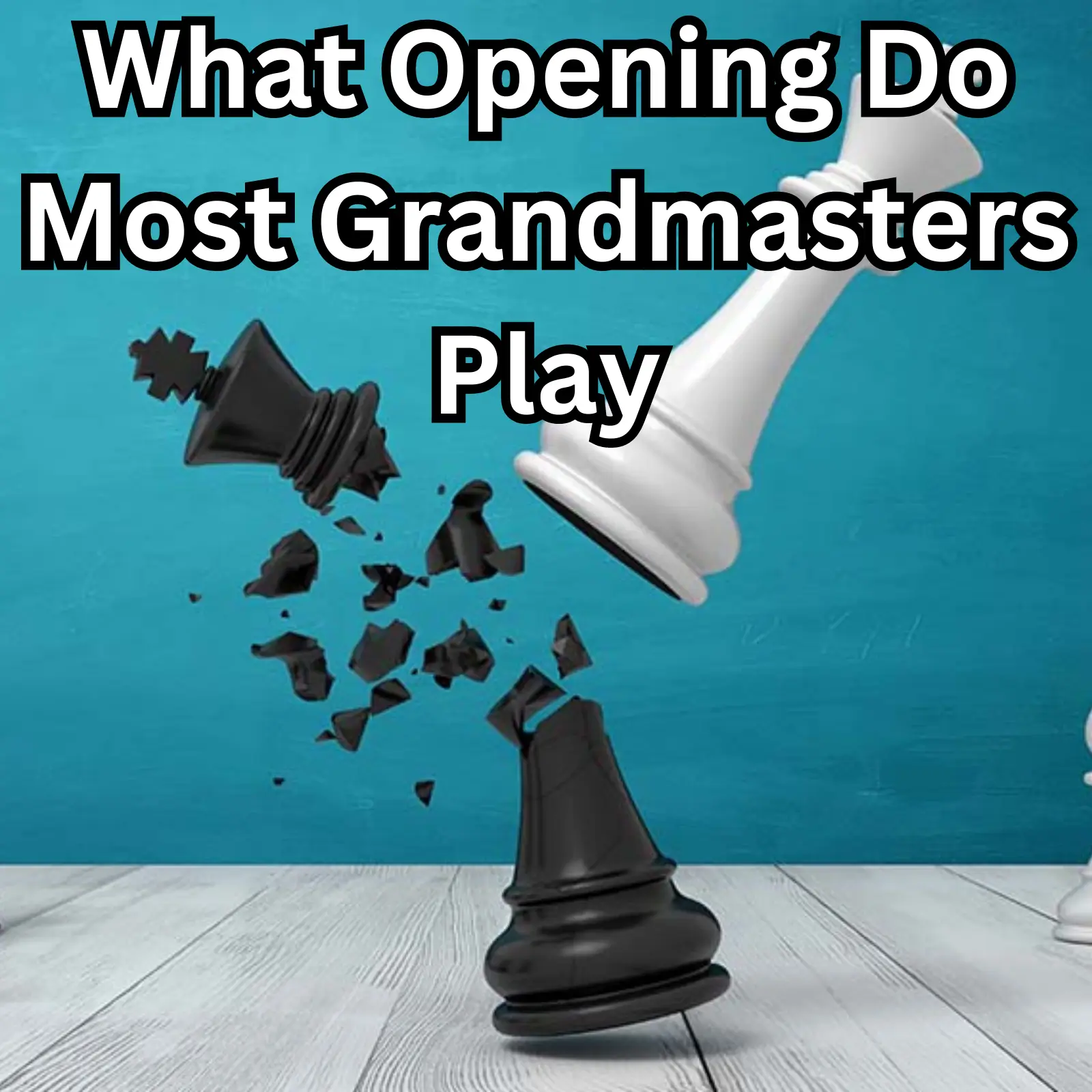
What Opening Do Most Grandmasters Play
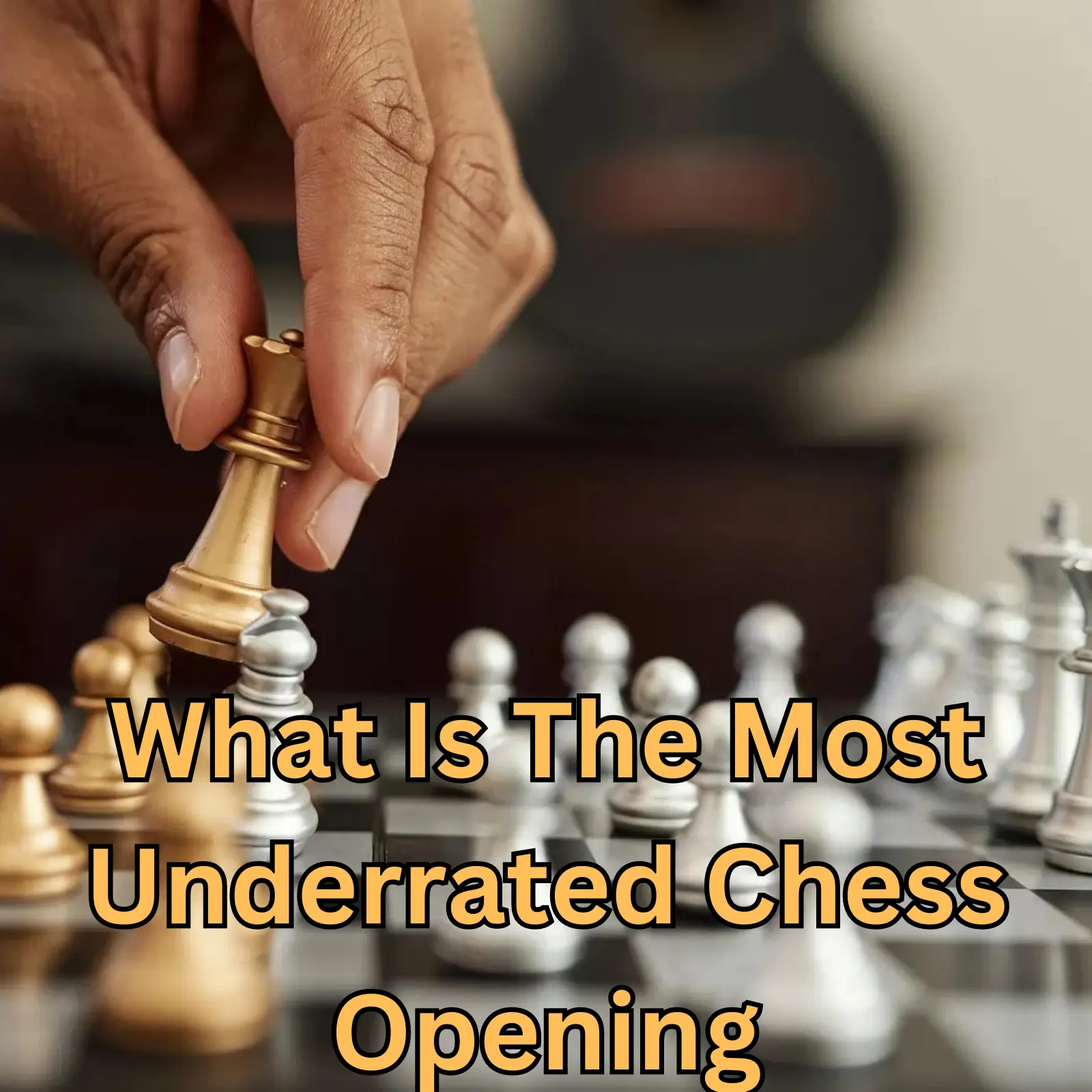
What Is The Most Underrated Chess Opening
Archives
- March 2026
- February 2026
- January 2026
- December 2025
- November 2025
- October 2025
- September 2025
- August 2025
- July 2025
- June 2025
- May 2025
- April 2025
- March 2025
- February 2025
- January 2024
- October 2023
- September 2023
- August 2023
- July 2023
- June 2023
- May 2023
- April 2023
- March 2023
- February 2023
- January 2023
- December 2022
- November 2022
- October 2022
- September 2022
- August 2022
- June 2022
- May 2022
- April 2022
- March 2022
- January 2022
- December 2021
- November 2021
- October 2021
- August 2021
- November 2020
- July 2020
- May 2020
- April 2020
- March 2020
- August 2018
- July 2018
- June 2018
- April 2018
- March 2018
Categories
- Aftercare Procedures
- Age Groups
- AI/ML
- Alternative Medicine
- Ambient Computing
- Animal Health
- Animal Husbandry
- Animals
- Anti-Aging
- Architectural Design
- Art And Technology
- Auditory Science
- Augmented Reality
- Automation
- Babies
- Baby
- Beauty & Skincare
- Beauty Industry
- Biohacking
- Biomechanics
- Book Reviews
- Breastfeeding
- Budgeting
- Budgeting Strategies
- Business
- Cardiovascular Health
- Career Advice
- Career Development
- Career Growth
- Cats
- Chess
- Chronobeauty
- Circular Economy
- Civic Technology
- Cleaning Tips
- Cloud Computing
- Cognitive Health
- Cognitive Performance
- Cognitive Science
- Community
- Community Building
- Community Engagement
- Community Living
- Computer Vision
- Consumer Guides
- Consumer Trends
- Container Gardening
- Content Analysis
- Content Non-Technical
- Content Strategy
- Cooking Techniques
- Cooking Tips
- Cosmetic Chemistry
- Cultural Events
- Cycling
- Data Analysis
- Data Engineering
- Data Governance
- Data Science
- Database
- Design Psychology
- Design Trends
- Developer Productivity
- Diet
- Diet
- Diet And Nutrition
- Digital Identity
- Digital Media
- Digital Wellbeing
- DIY
- DIY Projects
- Dogs
- Engineering Culture
- Entertainment News
- Environmental Impact
- Environmental Science
- Equity Compensation
- Ethical AI
- Exercise
- Exercise Science
- Exercise Technique
- Exotic Pets
- Fall Gardening
- Family
- Family Health
- Family Life
- Fashion Business
- Fashion Industry
- Fashion News
- Fashion Tech
- Financial Analysis
- Financial Optimization
- Financial Planning
- Flooring Maintenance
- Food
- Food Psychology
- Food Safety
- Food Science
- Food Tech
- Functional Fitness
- Functional Training
- Future Of Work
- Garden Care
- Garden Maintenance
- Gardening Tips
- Geospatial Data
- Gig Economy
- Greece
- Greek
- Greek Food
- Green Technology
- Gymnastics
- Hardware Engineering
- Health
- Health And Wellness
- Health Informatics
- Health Science
- Health Tech
- Health Technology
- Healthcare
- Healthcare Management
- Healthy Eating
- Healthy Recipes
- Holistic Health
- Holistic Wellness
- Home & Living
- Home Decor
- Home Financing
- Home Health
- Home Improvement
- Home Maintenance
- Home Organization
- Home Styling
- Horticulture
- Household Chemistry
- Identity Management
- Indian Cuisine
- Indoor Gardening
- Industrial Design
- Industry Analysis
- Infant Nutrition
- Infrastructure Management
- Ingredient Deep Dive
- Integrative Health
- Integrative Medicine
- Interior Design
- Internet of Things
- Internet of Things (IoT)
- Invalid Request
- Investment Strategies
- Investment Strategy
- IoT
- Kids
- Leadership Development
- Learning Strategies
- Lifestyle
- Lifestyle Brands
- Lifestyle News
- Lifestyle Optimization
- Literary Criticism
- Literature
- Logistics Management
- Machine Learning
- Material Science
- Materials Science
- Meal Planning
- Media Analysis
- Meditation
- Mental Health
- Mental Performance
- Mental Wellness
- Miami
- Miami Food
- Mind And Body
- Minimalism
- Mobile Development
- Neuroscience
- No Applicable Categories
- Nursing
- Nutrition
- Nutrition News
- Open Source
- Operating Systems
- Operational Resilience
- Opinion
- Organization Tips
- Outdoor Living
- Over 40
- Over 50
- Over 60
- Parenting
- Parenting
- Parenting Strategies
- Performance
- Performance Optimization
- Personal Development
- Personal Finance
- Personal Growth
- Personal Productivity
- Pet Care
- Pet Safety
- Philosophy
- Plant Care
- Politics
- Product Formulation
- Productivity
- Productivity Engineering
- Protein
- Psychology
- Psychology of Space
- Quantified Self
- Reading Culture
- Real Estate Investment
- Recipe Development
- Recipes
- Regulatory Compliance
- Remote Work
- Renovation Planning
- Resource Management
- Respiratory Health
- Responsible Pet Ownership
- Retail Strategy
- Retail Technology
- Robotics
- Science
- Seafood
- Seasonal Gardening
- Security
- Sedentary Health
- Self-Care
- Skincare Science
- Skincare Trends
- Sleep
- Sleep Health
- Smart Home
- Smoothies
- Social Impact
- Soft Skills
- Soil Health
- Spatial Computing
- Spatial Design
- Stress Management
- Supplements
- Sustainability
- Sustainability Science
- Sustainable Engineering
- Sustainable Fashion
- Systems Engineering
- Tax Optimization
- Tax Strategy
- Tech Investment
- Technical Writing
- Testing
- Travel
- Travel News
- Travel Safety
- Travel Tips
- Trend Analysis
- Tropical Plants
- Uncategorized
- Urban Gardening
- Urban Planning
- User Experience
- Veggie
- Vietnam
- Virtual Events
- Volunteering
- Wealth Management
- Wearable Technology
- Web Development
- Wellness
- Wellness Technology
- Winter Gardening
- Work-Life Balance
- Workplace Culture
- Workspace Setup
- World
- Writing
- Writing Skills
- Year In Review
- Yoga
- Yoga News
- Zero Waste

Leave a Reply